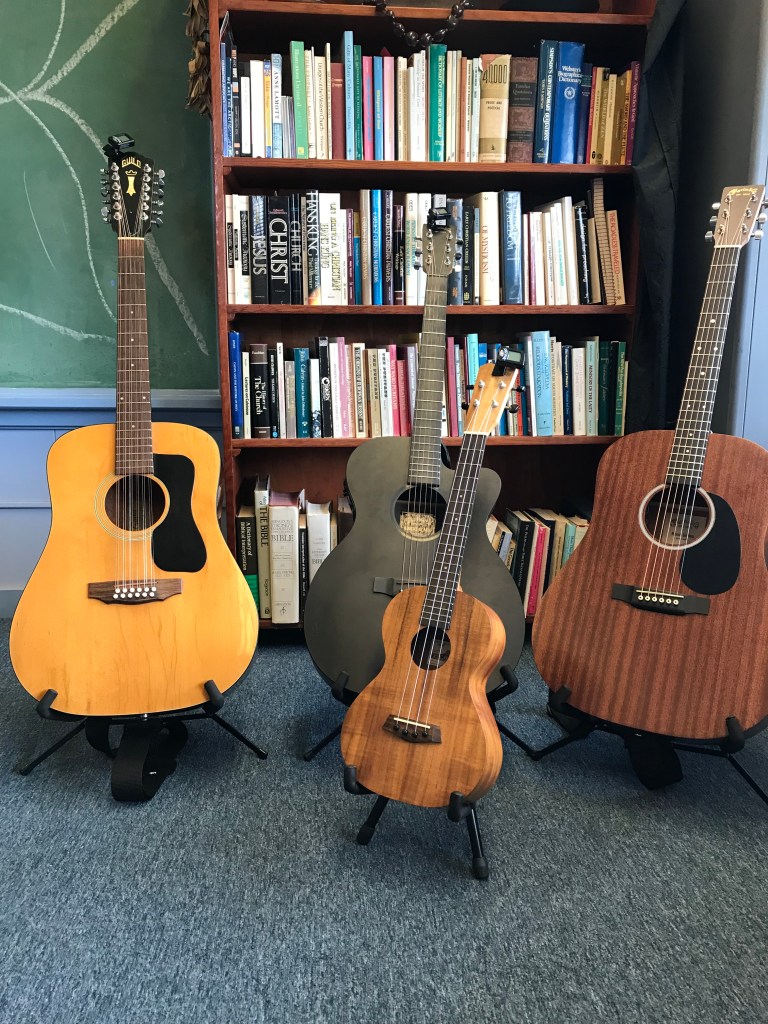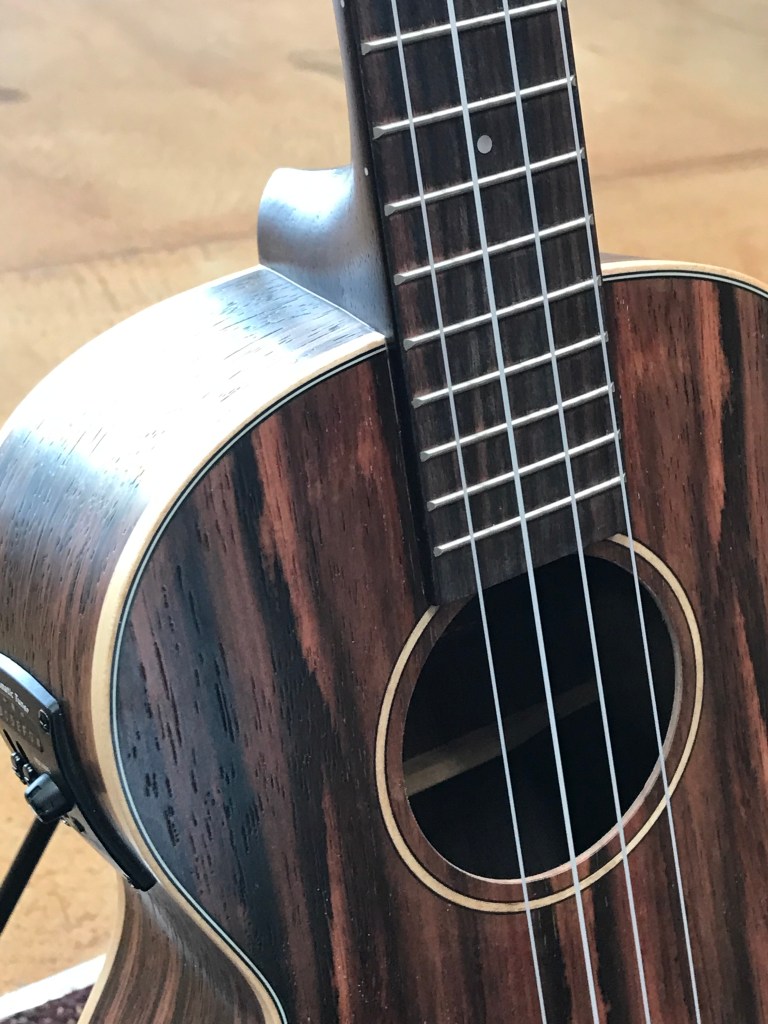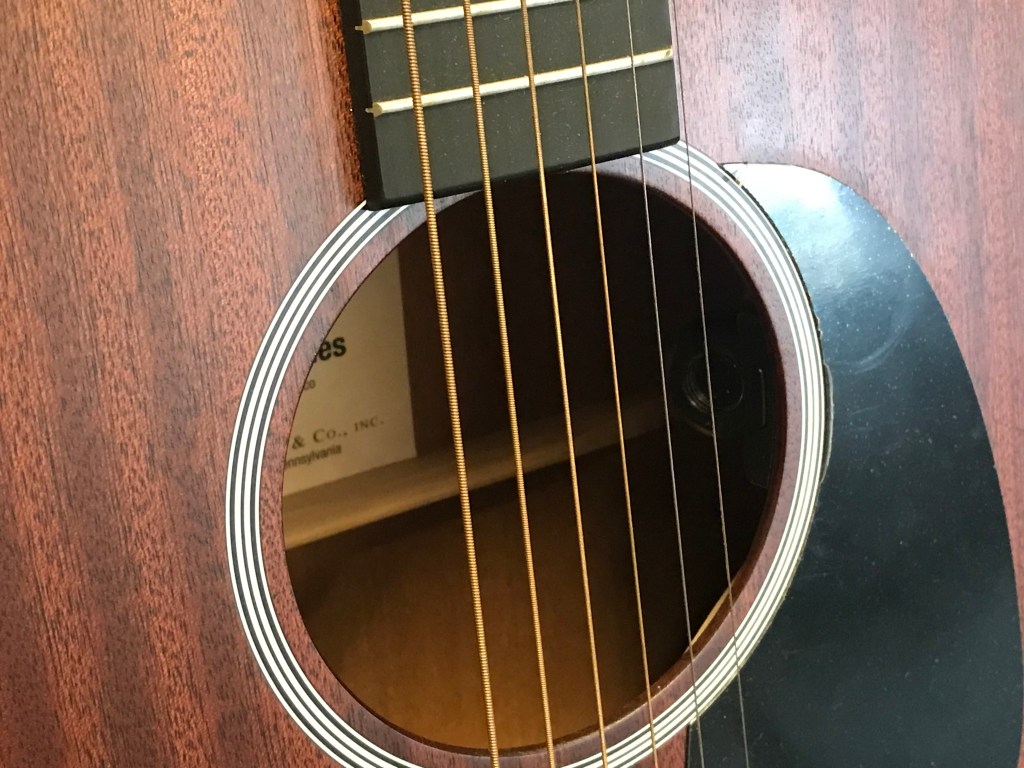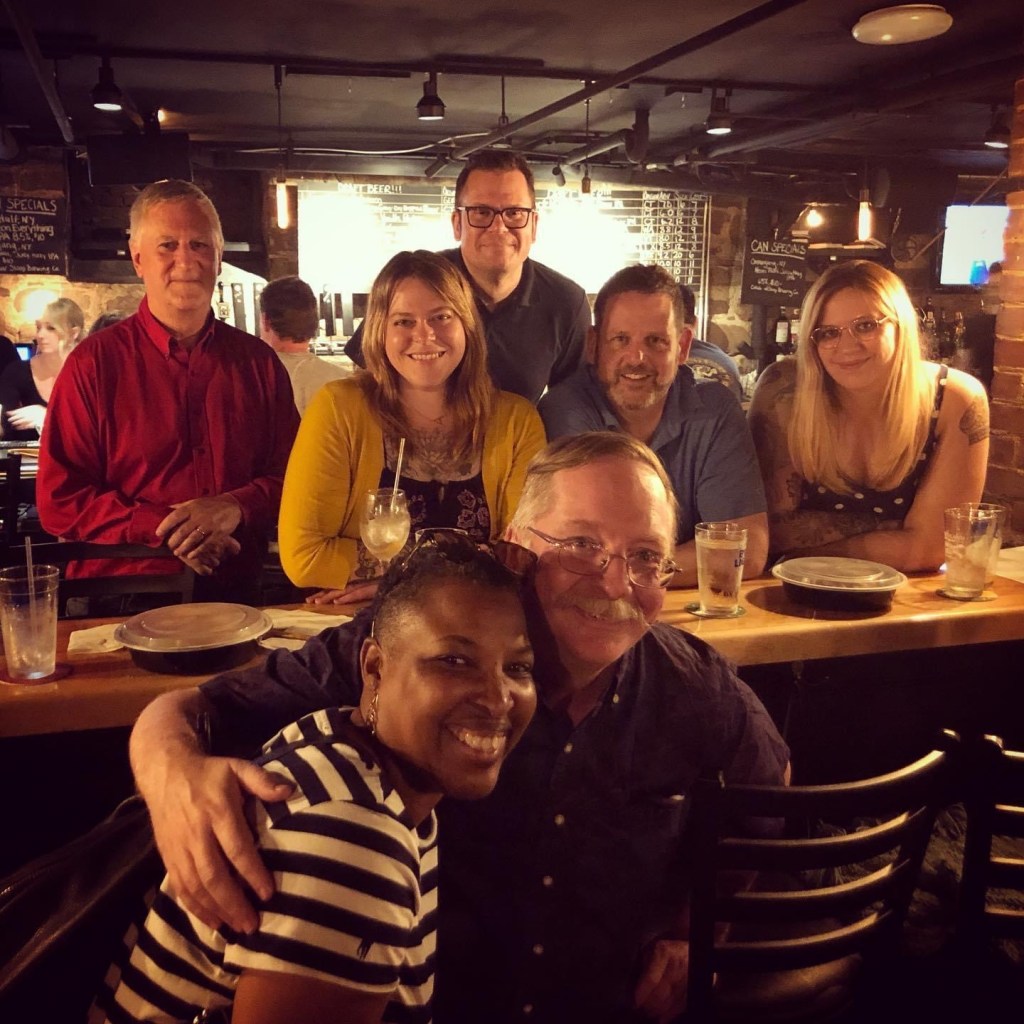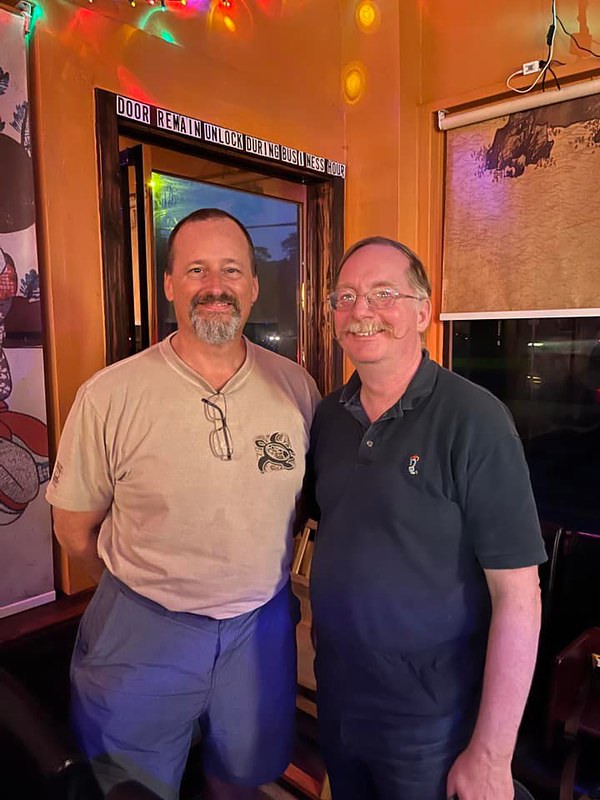January 2023 started with an eruption in Halema’uma’u Crater at the summit of Kilauea. The new lava continued to raise the crater floor. As it happened, two more eruptions would do the same during 2023, adding bit by bit to the island of Hawai’i.
Church of the Holy Cross UCC began the year with a gathered congregation and continued to live stream the service to those, far and near, who needed to worship from their homes. In the spring we ceased to require masking for those attending service. A number of people continue to do so. We experienced a few members falling ill with COVID-19 during 2023, but nobody reported a serious bout with the disease. I kept up with my vaccines as best I could.
I switched cameras this year, joining the ranks of mirrorless photographers. Even with pretty basic lenses I’ve been very pleased with the results.
This photo comes from February in Lili’uokalani Gardens in Hilo. It’s one of my favorite images of the year.
In addition to appearing on-camera live each Sunday morning, I continued to offer a song each Wednesday, and a reflection piece (What I’m Thinking) each Tuesday (a change in schedule). Another change was to resume the Community Sing, a gathering for people to choose songs for everyone to sing together. Because copyright issues would rapidly arise, those gatherings haven’t been streamed or recorded, but I did change the Community Concert series so that it includes both a live audience and a live stream.
I wrote seven songs this year, but only six have been recorded. The seventh piece is designed for background music during worship. I wrote it for the first gathered ‘Aha Mokupuni of the Hawai’i Island Association in May. The other six, however, have all been sung during one of the Wednesday performances, and like last year, I plan to create a “Songs of 2023” post shortly. I didn’t buy any new instruments in 2023, and for this grace I breathe a sigh of relief.
I sang with a new singing group in the area for two concert series. Big Island Singers, led by Holy Cross’ choir director Doug Albertson, performed in April, just after Easter, and in November, just before Thanksgiving. The music was lovely, varied, and definitely challenging. As 2024 arrives, my calendar already has rehearsal times marked on it.
I did have visitors, but not as hoped or expected either time. In March my brother Chris and his wife Linda visited, and I came down with a nasty stomach bug the day they got on the plane for Hawai’i. They ended up staying at a local hotel, and I wasn’t up to spending time with them until the last couple days of their visit. They put a lot of miles on my car, though, and I was glad to be at least a little of a decent host.
My cousin Peter and his wife Diane visited in September. The good news is that as they arrived Kilauea had a spectacular summit eruption. The bad news is that I had no hot water in my house. Again, they stayed in a local hotel until I had a water heater that worked. They discovered that there are tours down into Waipio Valley, which I hadn’t known, and I was really happy to join them on the tour and see a part of the island that I hadn’t seen before.
My own travel consisted of a trip to Indianapolis, Indiana, for General Synod, and about ten days vacation in New England afterward. It was a simple delight to see my friend Karen Georgia Thompson raised to become General Minister and President of the UCC and to see my daughter Rebekah taking part in worship leadership during the closing service. My schedule was that of a delegate (though I had voice only, no vote), which was more than challenging. I hope I’m able to return to the next Synod in my former guise as a reporter and photographer.
My trip east included my friend John Madsen-Bibeau’s retirement party and a gathering of former employees of the Connecticut Conference, for which I was most grateful. I also enjoyed time with my brother and sister-in-law, who were very gracious considering that I hadn’t hosted them all that well, with Paul and Kimberly Bryant-Smith, lots of the extended family, and of course Brendan and Bekah.
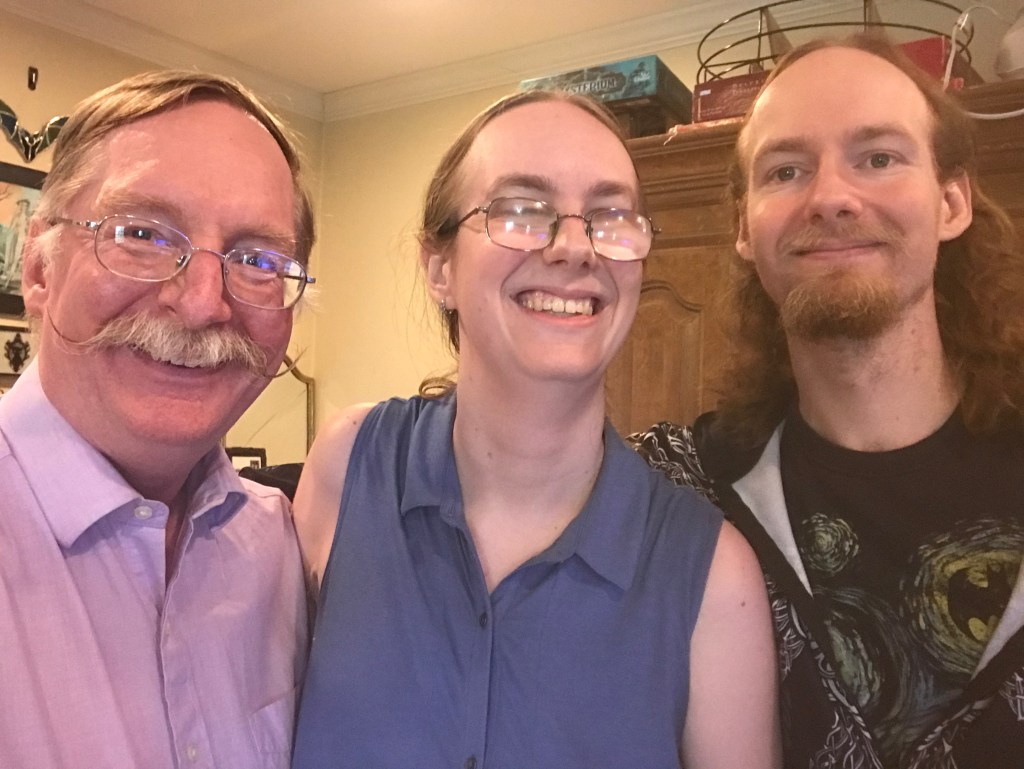
Those two have both moved since last July to their old college haunts. Bekah now lives in Northampton, Massachusetts, and Brendan in Burlington, Vermont. Bekah continues to work for the Julian Way, an organization working on the intersections between theology and disability, and Brendan started a post with the University of Vermont Medical School in December. I have informed them that visits from Dad will now take place in the summer.
Toward the end of the year, one of my stories appeared in Act Fast, a Lenten devotional published by the United Church of Canada, which is quite exciting.
I spent the year as Chair of the Hawai’i Conference Council and on the Board of Directors of the Hawai’i Conference Foundation; the first leads to the second. As 2024 approaches, we plan to do some review and evaluation of our work toward achieving goals set out in a six year old strategic plan. Since three of those years included a global pandemic, we have had plenty to distract us. In November I actually chaired an in-person meeting of the Council, the first since I received the position in October 2020. I found myself wondering if I knew how to chair a meeting with people present rather than small rectangles on a screen… I am looking forward to passing the gavel to someone else next June, but before I do, I also hope to lead an in-person ‘Aha Pae’aina.
I continued to serve on the Committee on Ministry of the Hawai’i Island Association this year, work I have been very glad of. During the fall I was asked to become mentor and advisor to Keoki Kiwaha, who was entering the ordination process and had been licensed as Kahu of Puka’ana Congregational Church UCC. That is one of the real highlights of my year.
On to 2024!



